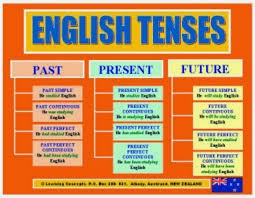BANGKOK, 18 December 2014 (NNT) – The Office of the Basic
Education Commission (OBEC) is looking to pilot its new core curriculum
for basic education in 2016, before schools nationwide adopt it the
following year.
Kamol Rodklai, secretary-general of the OBEC, said that the new core curriculum will be a major revamp of the one in use now. According to her, the B.E. 2551 core curriculum has been in use for six years and it is time to make adjustments to suit the social changes that have taken place since and also to support the goal of producing the type of human resources the country needs.
The OBEC will evaluate the pros and cons of the present curriculum, the curricula used by other countries as well as the draft of the basic education curriculum earlier studied by Mr. Phawit Thong-rot, a former secretary to the minister of education.
According to Mr. Kamol, the new core curriculum will place greater emphasis on local culture and way of life.
-- NNT 2014-12-18
http://www.thaivisa.com/forum/topic/785050-thailand-new-basic-education-core-curricula-to-be-piloted-in-2016/?utm_source=newsletter-20141218-1509&utm_medium=email&utm_campaign=news
Kamol Rodklai, secretary-general of the OBEC, said that the new core curriculum will be a major revamp of the one in use now. According to her, the B.E. 2551 core curriculum has been in use for six years and it is time to make adjustments to suit the social changes that have taken place since and also to support the goal of producing the type of human resources the country needs.
The OBEC will evaluate the pros and cons of the present curriculum, the curricula used by other countries as well as the draft of the basic education curriculum earlier studied by Mr. Phawit Thong-rot, a former secretary to the minister of education.
According to Mr. Kamol, the new core curriculum will place greater emphasis on local culture and way of life.
-- NNT 2014-12-18
http://www.thaivisa.com/forum/topic/785050-thailand-new-basic-education-core-curricula-to-be-piloted-in-2016/?utm_source=newsletter-20141218-1509&utm_medium=email&utm_campaign=news












